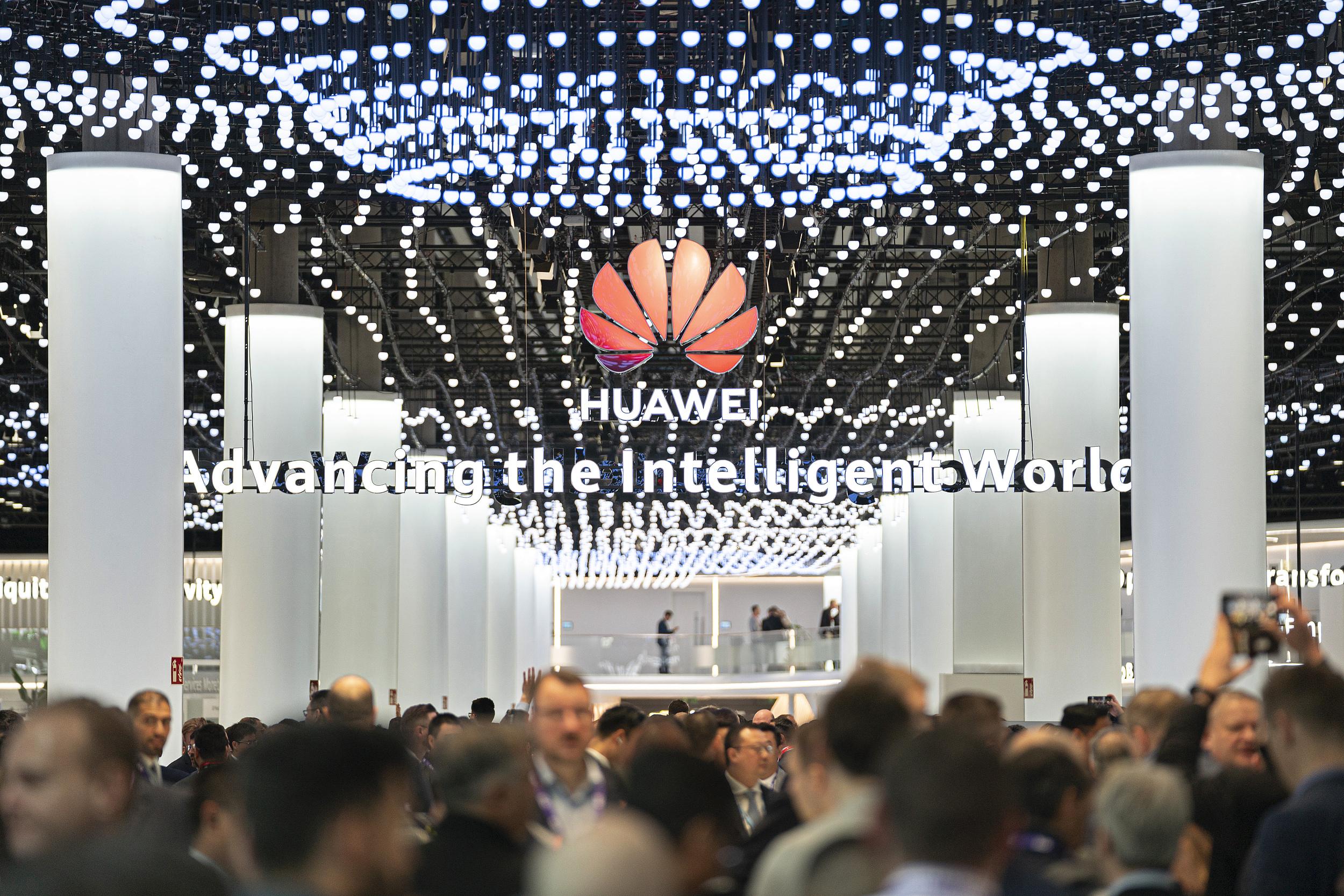Tech Competition Should Be on Merit, Not Politics

Recently, the U.S. Embassy in Panama announced that the U.S. government would collaborate with Panama's Ministry of Public Security to replace Huawei's telecom equipment — installed at 13 sites across Panama — with so-called "secure American technology," pledging eight million USD in funding for the project.
However, Panamanian President José Raúl Mulino responded to that by saying it was a unilateral communique from the U.S., which has no reason to comment on decisions that are for the national government to make. He also urged the U.S. not to involve Panama in its geopolitical rivalry with China.
As a sovereign nation, Panama has the right to choose its telecom equipment suppliers and technology partners based on its own needs. However, the U.S. first intervened by offering funding, then imposed additional conditions to exclude Huawei, and finally bypassed the Panamanian government to make the unilateral announcement — an attempt to drag Panama into its narrative and sensationalize Washington's so-called security concerns about Huawei. This is a calculated and premeditated political ploy.
For Panama, a project that was once proceeding smoothly has now encountered turbulence. Huawei's technology and equipment have been publicly praised by Panamanian government officials. But now, Huawei's locally proven equipment may be supplanted by American alternatives, triggering uncertainty. The removal and replacement process, expected to take two years, will be fraught with uncertainty. The two years, which could have been a period of progress and gains for the project, may instead become a time of stagnation or even regression.
The Panama move once again exposes Washington's tendency to politicize technological issues, employing political and diplomatic tools to disrupt international tech cooperation and suppress China's technological advancement. Previously, the U.S. allocated nearly five billion USD for its so-called "rip and replace" program, aimed at subsidizing telecom operators to remove equipment made by Chinese companies like Huawei and ZTE from the local wireless networks. While the eight million USD investment this time is relatively small, it may mark the beginning of the U.S. extending its "rip and replace" agenda abroad.
Tech competition should be based on strength, not political tricks. Tricks may deceive temporarily, but they will ultimately be exposed in the face of real capability. In May 2024, Sudharman Jayaweera, a program director at the U.S. National Science Foundation, said at a conference that no U.S. vendor has significant market share in the 5G infrastructure equipment market. Most of the deployments in the U.S. are non-standalone, which do not support 5G's most advanced features. This would leave the U.S. behind the global mainstream standalone model.
China's high-tech companies are not afraid of competition as competitive pressure accelerates technological optimization and iteration. By resorting to underhanded tactics to suppress Chinese firms, the U.S. will not be able to enhance its own technological prowess in 5G. Instead of investing resources to contain Huawei, it would do better to focus on advancing its own 5G development — that is the right way to compete.






